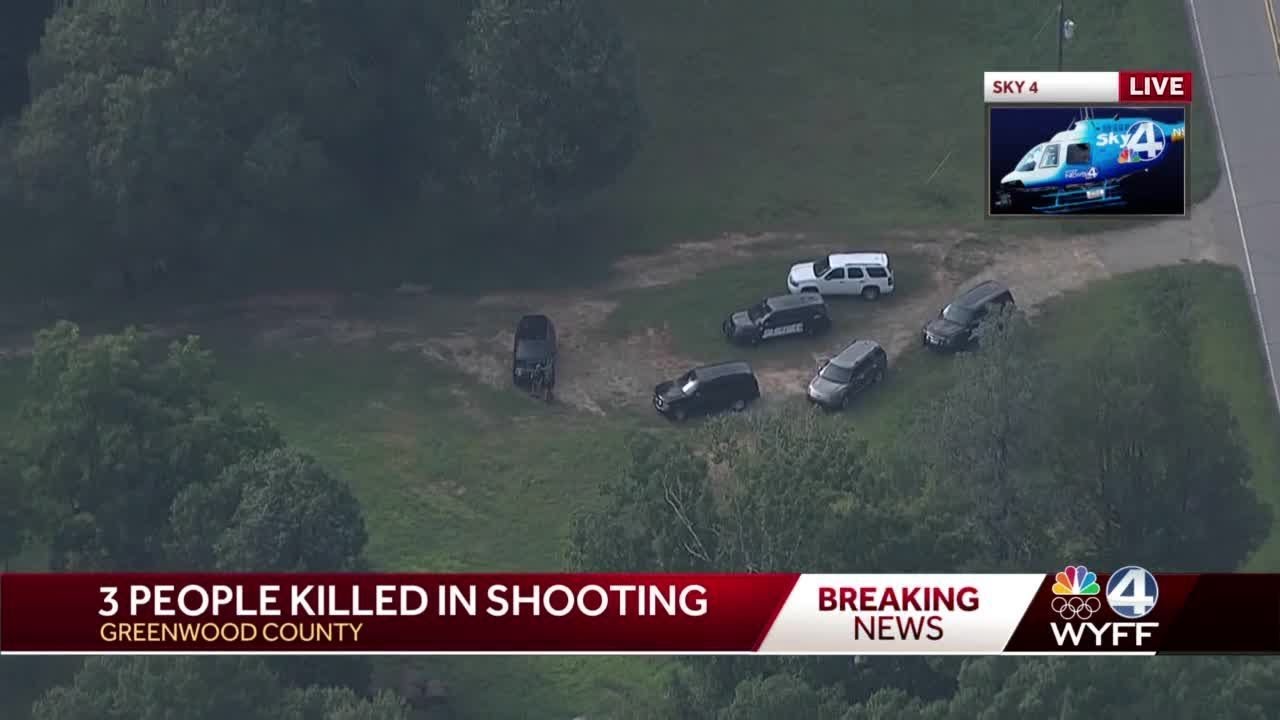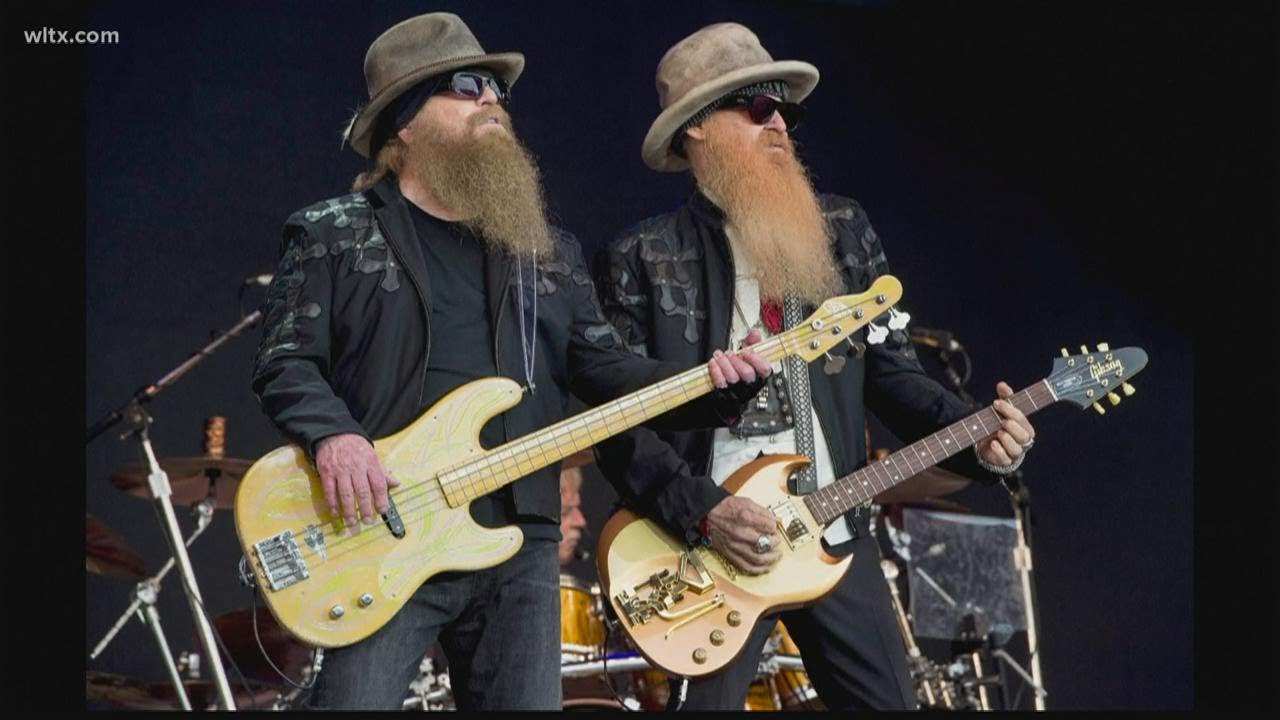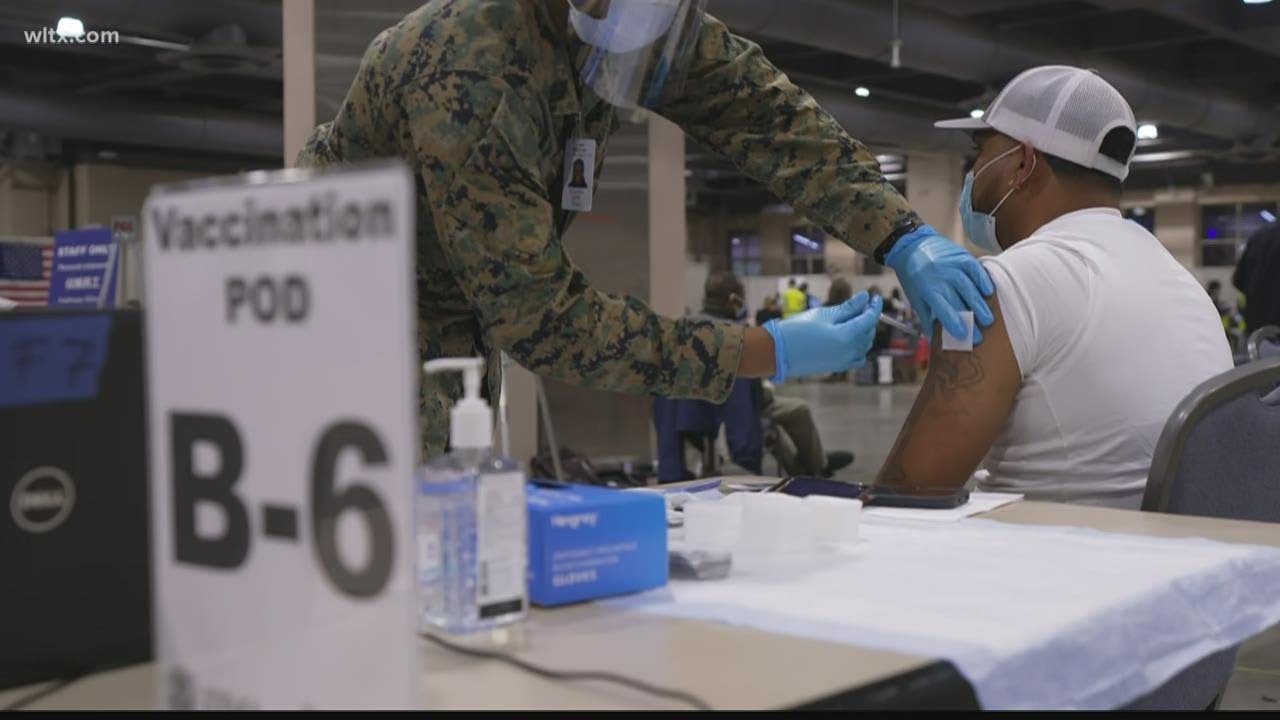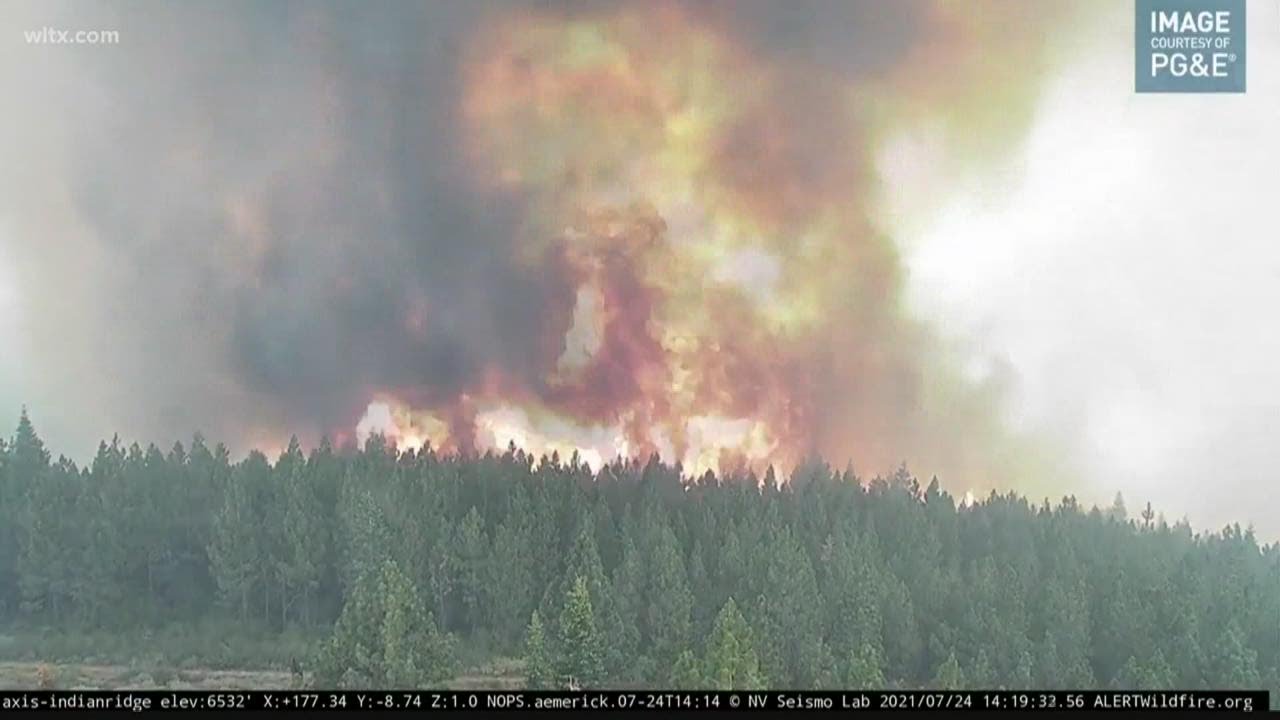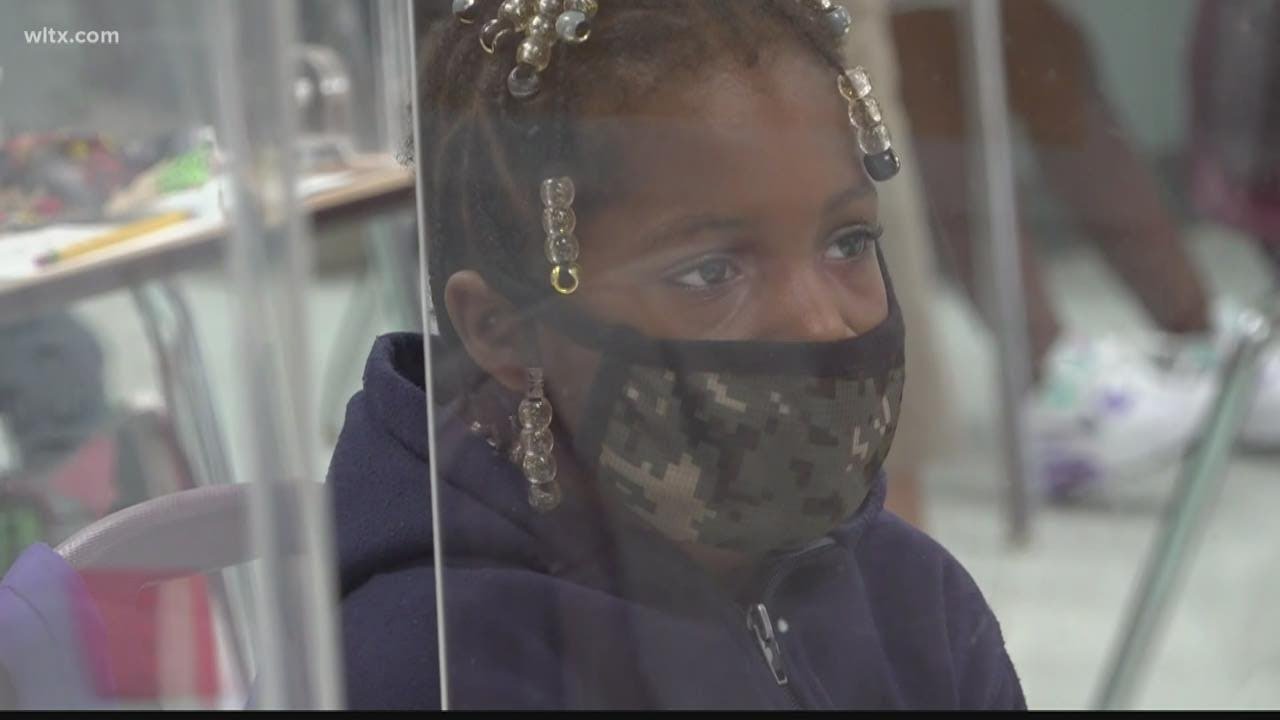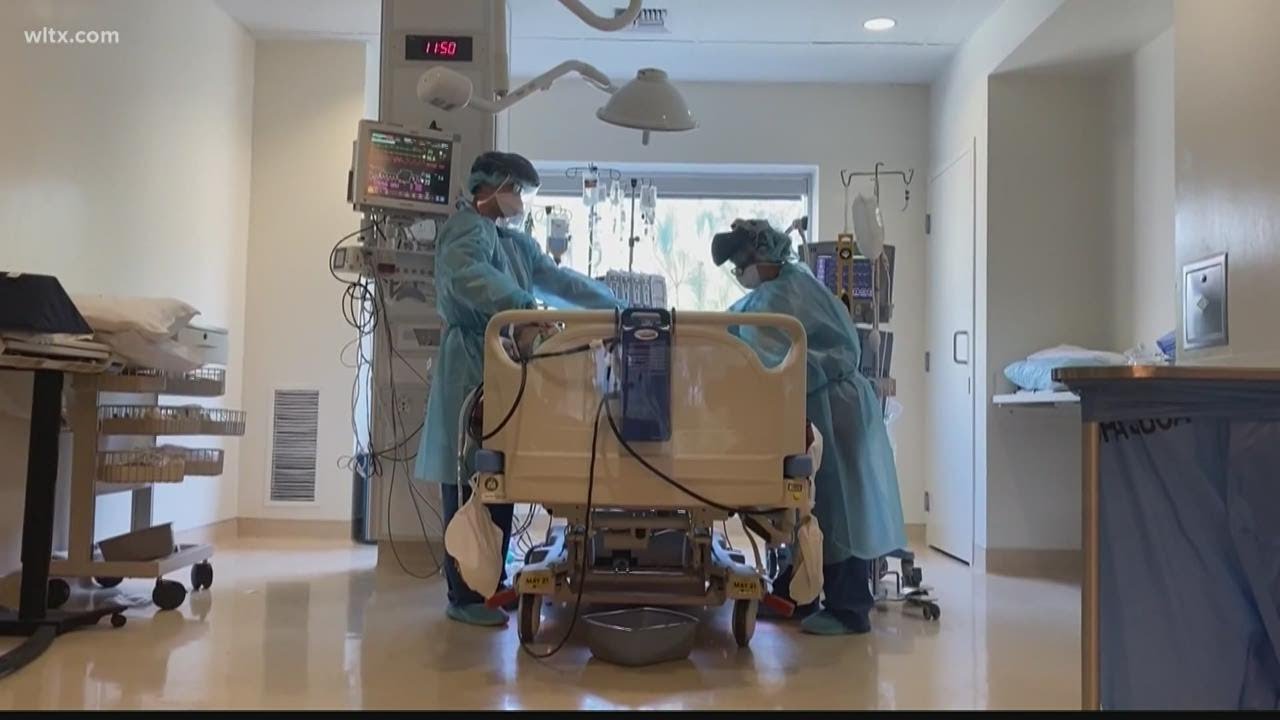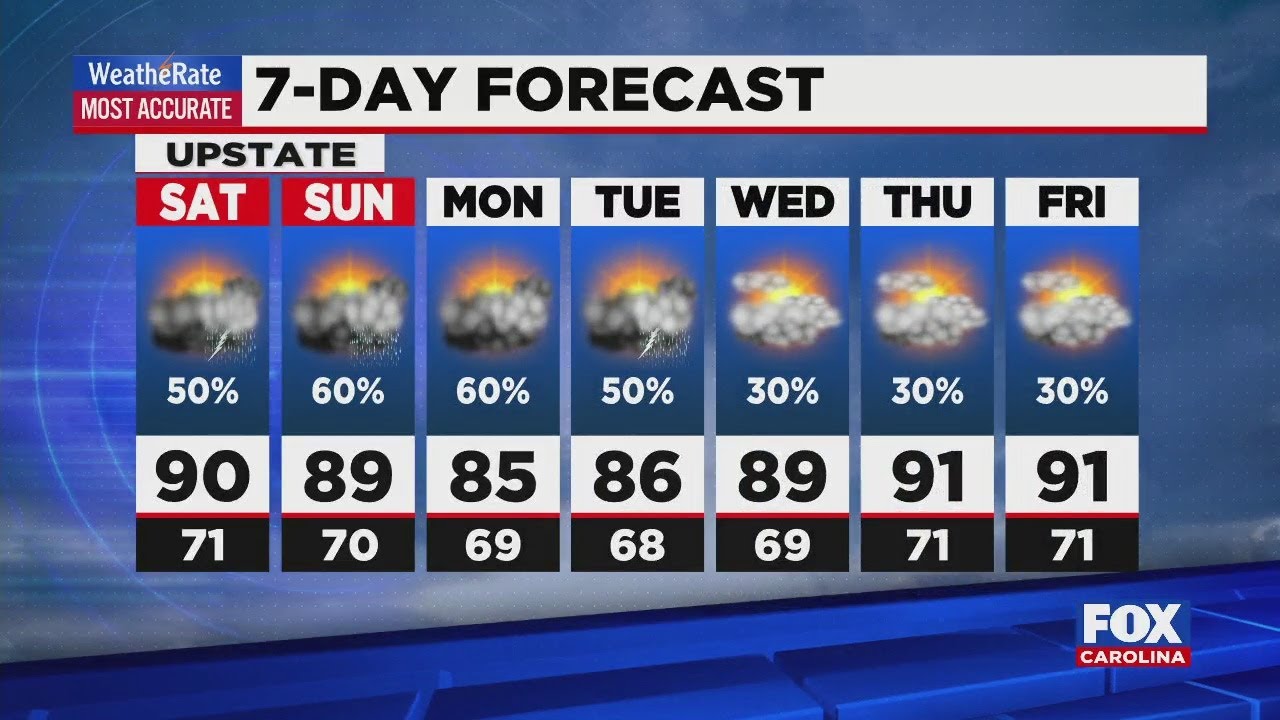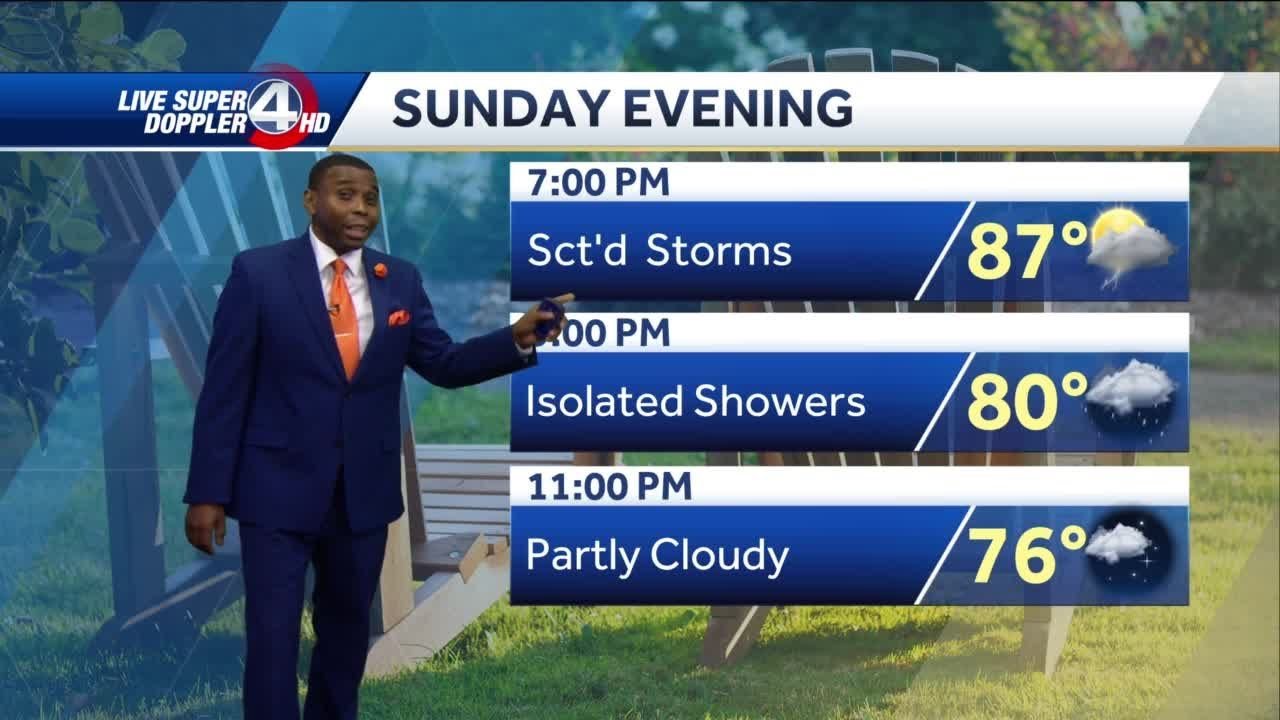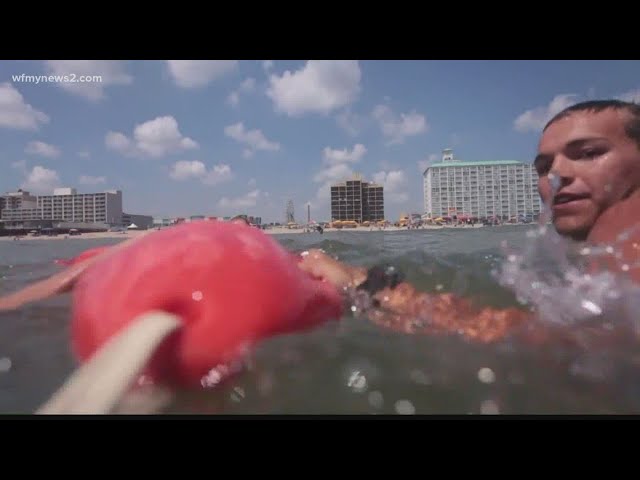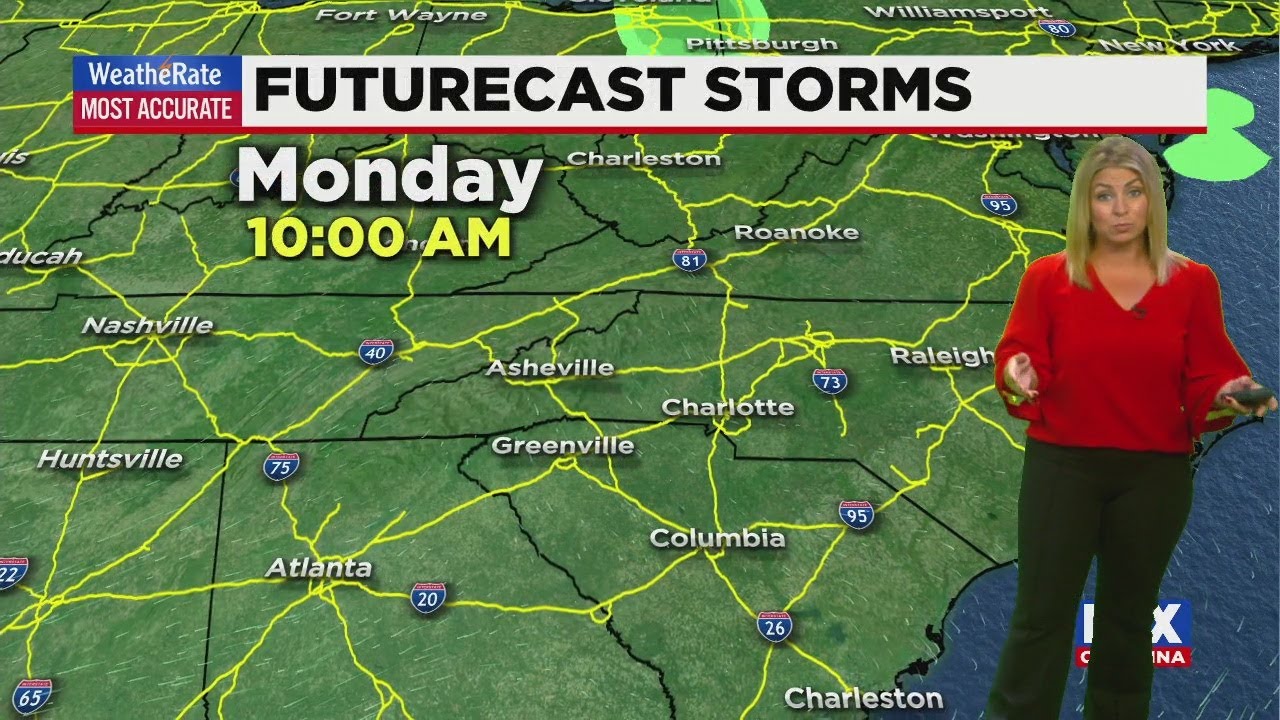The call for equality: How small gestures across the country are leading to big change
Every week, local reporters share their ‘Field Notes’ from the ground
Show Transcript
a lot of people making really small gestures and taking small actions adds up to something more meaningful and powerful at times. I always think that they still smoke into something so bigger and greater something starting at such a small gesture to lead to something even pick along the way. It’s really nice to know that there so many people that actually care about this movie and care about us as people. I think that the simplicity of the scientists helps those who are scared or just not comfortable saying black lives matter. Although it shouldn’t be a controversial thing to say, it gives them a second stone into being able to say those things. My name is a marginalised. I’m 17 years old and incoming freshman in college. I’m Semi Lewis are 50 years old and I will be interviewed. We’re so in yard signs to bring awareness to the community about black lives matter and what’s going on in the world today. We hope to expand, but right now we’re just focusing on making changes in front of our moms. Gates. I did some startling sides out white neighbors is to get a conversation started and thought it would be a great idea to give its us because we’re so involved with being part of the change in changing. Ah, higher promise came from our mother, and it can actually came from our brother passed away last year, just ago violence. And he would always say I promise you can keep that months. So Mom decided to name, I promise. But his idea was to build a team center and use it for you and just to get together and make sure that they had a safekeeping goes that they could express themselves and feel comfortable, just anything. So that’s what his goal. What if this goes, you know, you’re always gonna have those people that are negative about it and don’t really trust what you’re doing. Excluding that, the response has been overwhelmingly positive. And this people that you wouldn’t think that would advocate for you that we started buying the science to us. And our teachers, like you always think you’re gonna advocate us students, but they never admit it. They wouldn’t advocate for you as people. And so to see that was really hard. Our friends just that just is tired and fed up because you’ve known her for years, always picking up about black glass. And I was always this treated what time she told her mom that she never has to worry about her Children because just the way the society looks at them, she’s just been talking about this stuff, all of this stuff for a very long time. I should have thought enough’s enough, so she gave us this idea. And so the state shocks Rick. We can be any chippies next sometimes, but I mean, that’s kind of part of it. Sometimes you play, sometimes you get upset with each other, but in the end we’ll see the impact that we’ve made all society. And then we’ll look back like all that wasn’t such education is really important when it comes to literally and especially when it comes to social issues, because if you don’t know what you’re fighting for, these educate yourselves. It’s so it’s so easy, and it’s so interesting to go through articles and to read them and process information. Knowing what you’re talking about, it’s so important for too long. I think we kind of sat by and watched and wanted to do something. Actually make a difference. My name’s Kevin. Blood on Beth Ann. We live in Bridgewater, Massachusetts, and we started the Cran Project. And the Cramp Project looks to ship multicultural art supplies to schools and nonprofits across the United States. Well, with everything going on in the world, we kind of just, you know, we’re home, obviously. So we were just talking about things and just feeling that it would be nice if every kid felt comfortable in the classroom and was able to have the right tools to draw themselves, to draw their families and to just feel included. I am actually I’m in kindergartens. We just have big buckets of prey on kids will be Can you find me a yellow? Can you find me that peach color? And you know I dig through. I’m like, This isn’t the right color for you That’s what I’m thinking in my head. They should just be like the same way that there’s chairs and desks and classrooms. There should be art supplies that make kids feel included and give and set them up for success. So to be able to say, you know what, this is our bucket with multicultural grands Let’s get the right one for you. It’s just gonna be so powerful for them. We were having honest conversations with our own kids about kind of what was happening. You know, Why are we going to a rally on Saturday talking about racism, trying to explain that right? This was something that we wanted to do as a family. We came together and said, This is something that we just It’s important to us parents raising two kids that give them an opportunity to give back. So as we just kind of went out like, Hey, we’re gonna purchase some Kranz and get him out of our local schools. More, more people like this is great. We’re interested. Then Social Media kind of took on a life of its own. And as we started posting like, you know, we’re now in Connecticut. We had people in Rhode Island reach out where now, in Rhode Island, friends were tagging teachers or nonprofit workers and other locations in the now, asking if we would be interested in helping them out as well. So the beauty of it now is most of the requests we’re getting it now. We kind of scratch our head and we’re like, How did you hear about us? The mayor of San Juan, Puerto Rico, reached out through Twitter and said, We’d be interested in you guys shipping supplies Toe san wanted your address on. Of course, we’re like Sinus up. Who’s a good opportunity? That was our first kind of foray into something outside of Continental United States, for sure. But you know, then we had a colleague that reached out who’s teaching kindergarten in Japan right now. And that’s how we got into Japan. And then somebody saw on Instagram up in Canada that has a preschool on, reached out and asked if he would ship there. It’s kind of truly showing the grassroots efforts that we’re hoping. So we’ve got into a good habit of saying yes. Whenever somebody reaches out, our girls have become very good packing boxes with us. They love it, seeing like the different schools that it’s going. Teoh. We have a little math that they flip over shows the different states that we shipped Teoh and they kind of home and control that we sat on the outskirts for probably too long. We’re both pretty socially aware and it’s easy to say. Let somebody else deal with it. Right? But small gestures like this could go a long way. And I think we’re proving that that you know what teachers. I mean, some of the notes that we’re getting from teachers are like, very humbling. It would be impossible for us to say no. I mean, we’ve, you know, dipped into our own pockets to get extra packages out. When, like, you know, our funds have kind of run low, you know, and said, Yeah, we’re getting him out regardless, because it is gonna make a difference for that kid to feel a little bit more comfortable and included in their classroom were jury honor to be a part of a very small part. And hopefully, you know, kind of easing tensions that making people feel more inclusive, kind of within the community find ways to make a difference in in your local community. Other. It’s on issues that are important kind of, regardless of what community you live in, or things that are very important to your direct community. Get involved. If you’ve received a donated or if you received a package from us, I would say we would love it if you would pay it forward, and even a small donation would would help us
Advertisement
The call for equality: How small gestures across the country are leading to big change
Every week, local reporters share their ‘Field Notes’ from the ground
People across the country are stepping up to help contribute to racial equality, in big ways and in small. In Bridgewater, Massachusetts, the Bligh family created The Crayon Project to supply multicultural art materials to at first, their local schools, but their movement has garnered international attention. Sa’Mya and Amari Lewis of Overland Park, Kansas, have started A Higher Promise, an organization that provides simplistic yard signs for people to show their support for the Black Lives Matter movement as well as educational material. Learn more about these small efforts making a big impact in the video above. Each week, “Field Notes” brings you a handful of stories about how people across the country are educating themselves, speaking out against racism, and finding ways to help the United States get closer to becoming a place that’s safe and inclusive for all.
People across the country are stepping up to help contribute to racial equality, in big ways and in small. In Bridgewater, Massachusetts, the Bligh family created The Crayon Project to supply multicultural art materials to at first, their local schools, but their movement has garnered international attention. Sa’Mya and Amari Lewis of Overland Park, Kansas, have started A Higher Promise, an organization that provides simplistic yard signs for people to show their support for the Black Lives Matter movement as well as educational material.
Advertisement
Learn more about these small efforts making a big impact in the video above.
Each week, “Field Notes” brings you a handful of stories about how people across the country are educating themselves, speaking out against racism, and finding ways to help the United States get closer to becoming a place that’s safe and inclusive for all.



